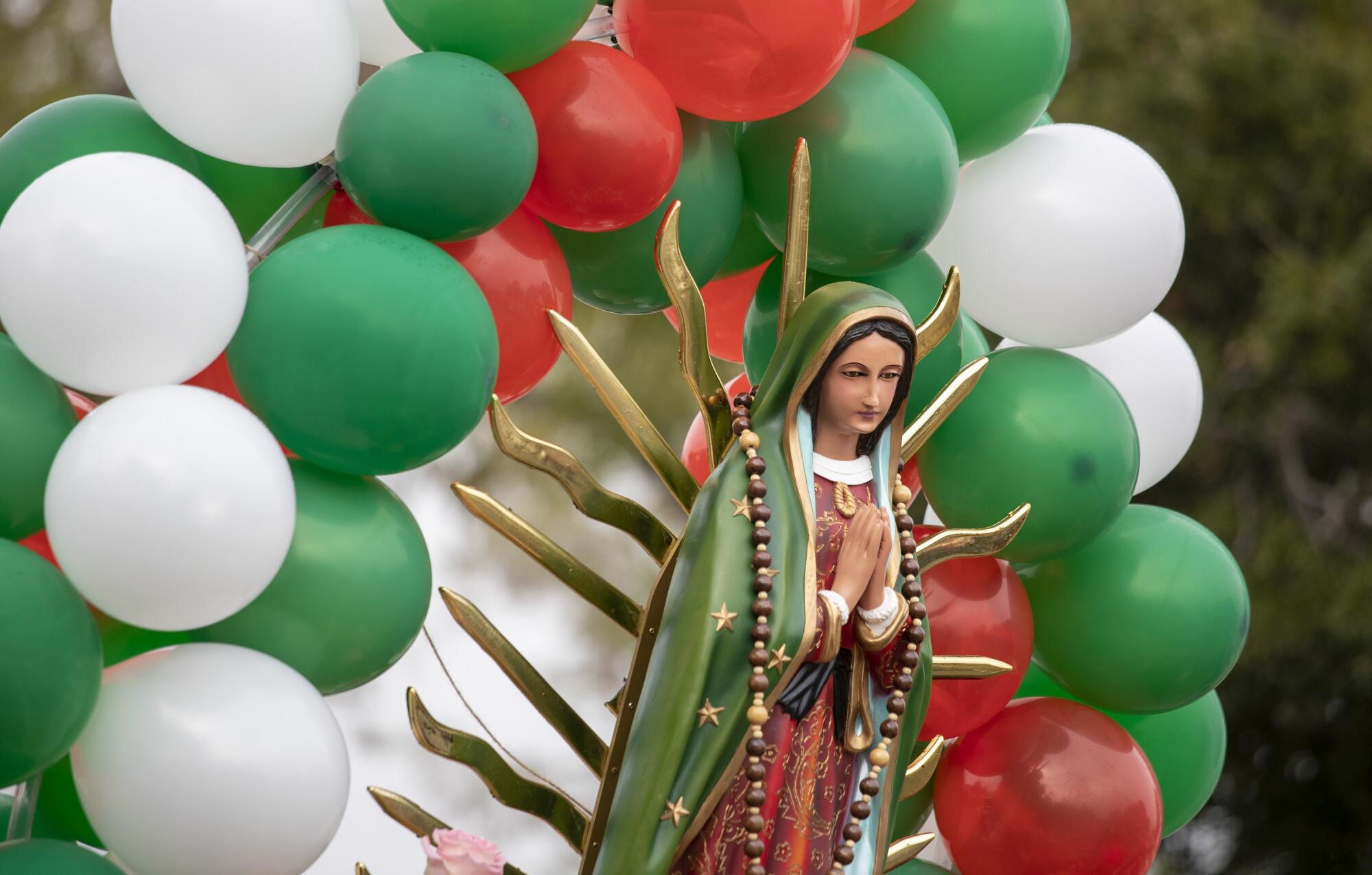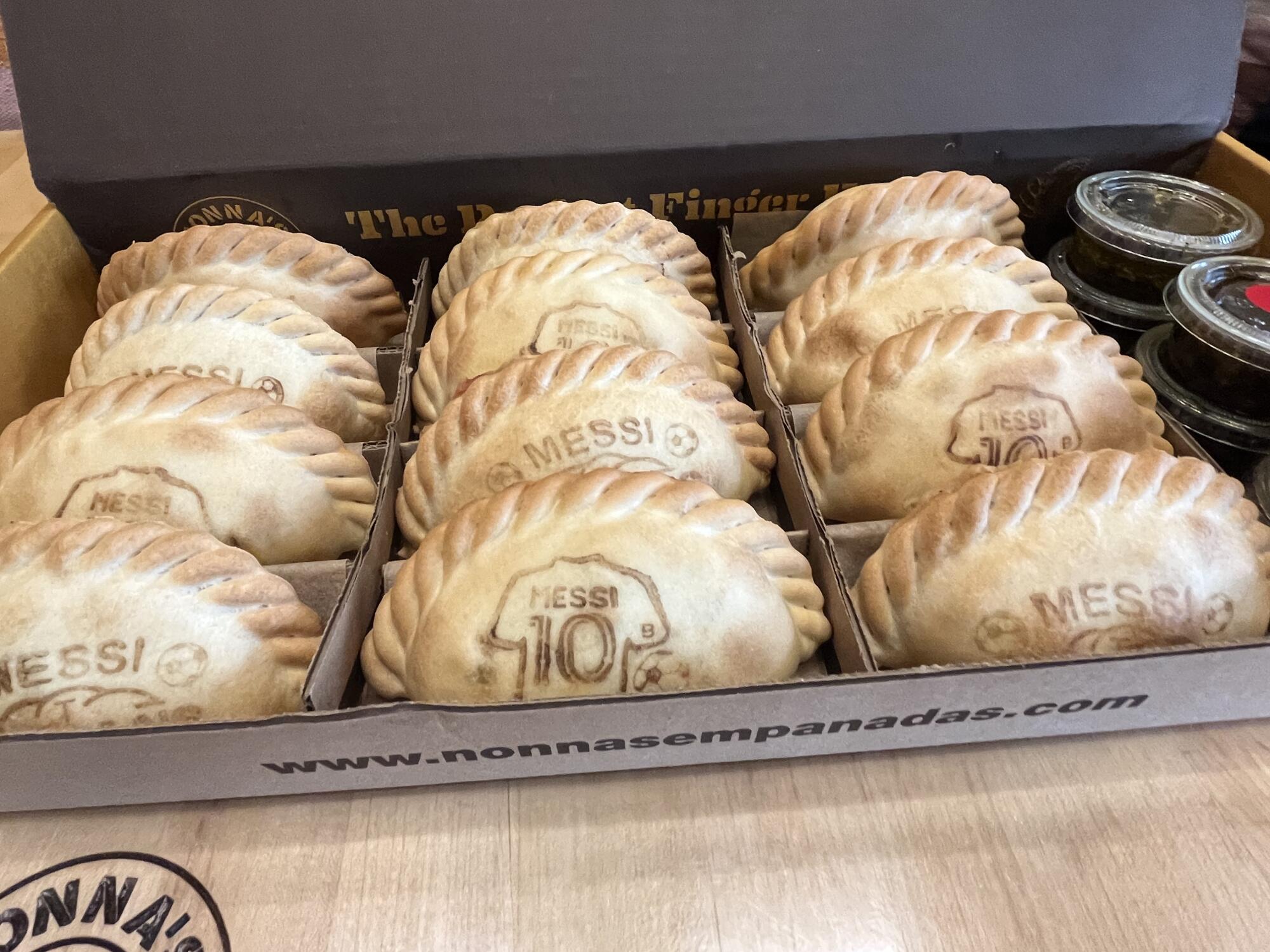
At De Los, weâre working hard to bring you the best stories daily. Whether itâs trending news moments, features or commentary â we are proud of every piece of journalism we produce.
But sometimes itâs hard to keep up with it all. We get it â it happens to us too. So we put together a weekly review of some of our best work to help you stay on top of our coverage.
Latinas are breaking generational curses. So why are we seen as malcriadas?

One of the goals of De Los is to be a space to explore topics that have long been considered taboo within the Latino community. Generational trauma and, more important, how to overcome it, have long been something that many in our community have preferred to be kept quiet.
De Los contributor Tina Vasquez dug into the generational trauma of being the eldest daughter of immigrants, and how that role, and the pressure that has traditionally been applied to Latinas, can leave deep scars. Amid a lack of cultural competency among mental health professionals, Latinas are bearing the brunt of caring for their parents, while worrying about their own families and careers.
Be sure to also check out a second Tina Vasquez piece on tips from mental health professionals to help you break intergenerational curses.
The Tóxicos of âLove Island USAâ are too familiar for Latino fans

One area where the lack of Latino representation is even further behind than usual is on reality television. That is why it was so refreshing to see so many Latino faces on the latest edition of âLove Island USA.â
One interesting aspect of the representation, though, is how some traditional stereotypes sneak in. Contributor Alex Zaragoza touches on the more fun characters of this season, but also breaks down how machismo is also front and center. By nature, reality television heightens the negative aspects of relationships for effect, but the traditional gender roles displayed this season leave little for the imagination.
The representations of la Virgen de Guadalupe show her power over identity

A recent internet excursion led contributor JP Brammer to encounter a âchibi Guadalupe,â an anime-style Virgen de Guadalupe. This fusion is another example of the myriad ways Mexicans and Mexican Americans have incorporated the image of the Virgen.
Seen as a symbol of resistance by revolutionaries and as part of the status quo by the Catholic Church, la Virgenâs image has transcended definition.
âMessimaniaâ includes special empanadas and sky-high ticket prices

First there were the Barbie conchas, and now we have the Lionel Messi empanadas. A local Argentinian bakery is honoring the arrival of âLa Pulgaâ to Los Angeles to play for LAFC, selling empanadas with his Argentina national team No. 10 jersey baked into them.
The empanadas come in two flavors â one made with meat, which is a customer favorite, and another that has pizza filling to celebrate Messiâs preferred post-match meal.
Nonnaâs Empanadas has a location at the Original Farmerâs Market in Los Angeles and another at the Americana in Glendale. Owner Graciella Boltiansky doesnât have a ticket to Sundayâs match, but like many of us will be watching one of the greatest soccer players of all time in our own backyard.
Why Omar Apolloâs coming-out story matters

Columnist Suzy Exposito explores the latest video release by Mexican American singer Omar Apollo. âIce Slippinââ is one of Apolloâs more intimate songs, exploring the isolation he felt when he came out as gay to his friends and family.
One paragraph pretty succinctly describes the video and why it feels so intimate:
âDirected by the New York duo rubberband, the music video is a carousel of sentimental clips from Apolloâs family home movies. Scenes of his parents getting married and doting on young Apollo are juxtaposed with shots of him as an adult, filmed naked, alone and encircled by blocks of ice.â
More to Read
The Latinx experience chronicled
Get the Latinx Files newsletter for stories that capture the multitudes within our communities.
You may occasionally receive promotional content from the Los Angeles Times.








